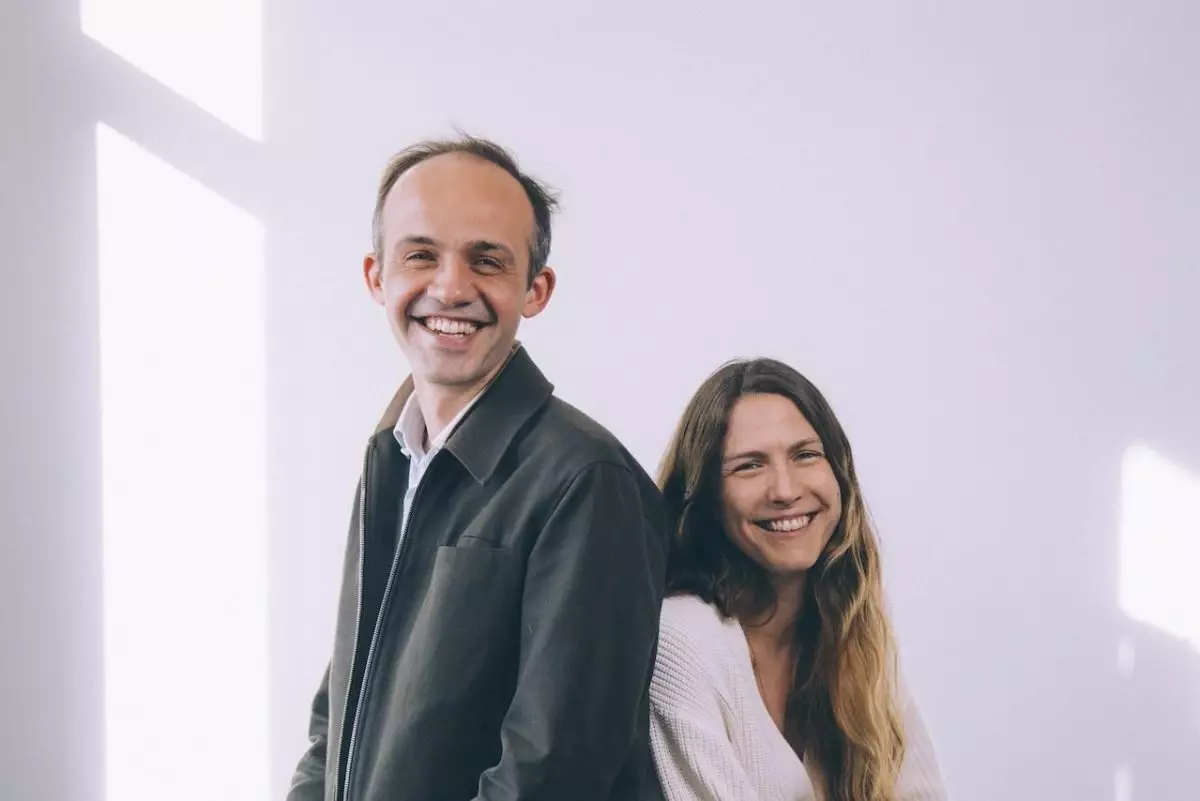In a remarkable demonstration of confidence in the potential of artificial intelligence in healthcare, French startup Aqemia has successfully secured $38 million in its latest round of funding. This financial support was spearheaded by Cathay Innovation, a venture capital firm operating out of San Francisco, aiming to broaden the horizons of drug discovery through quantum-inspired physics and cutting-edge machine learning. This funding round is a significant milestone for Aqemia, marking its second financial boost this year alone, after a €30 million ($31.5 million) round in January, bringing its total funding to over $100 million since its inception.
Founded in the French capital in 2019 by innovators Maximilien Levesque and Emmanuelle Rolland-Martiano, Aqemia is positioning itself as a key player in the increasingly competitive field of AI-assisted pharmaceutical research. The startup isn’t alone in this space; 2024 has already seen several players, such as Healx and Formation Bio, also raising substantial funds to tackle various challenges within drug development. This trend highlights a growing acknowledgment of the necessity and urgent demand for technologically advanced solutions in drug discovery.
Aqemia’s approach to drug discovery is strikingly innovative. Utilizing principles drawn from quantum mechanics and statistical algorithms, the company is developing generative AI systems that can create potential drug candidates, particularly targeting complex diseases like cancer. By strategically eliminating the need for exhaustive experimental data—often both expensive and time-consuming—Aqemia employs its algorithms to synthesize data that can predict molecular properties and their interactions with biological targets.
The initial concentration on oncology and immuno-oncology reinforces the urgency of finding solutions for critical health issues that affect millions. This reliance on synthetic data generation indicates a shift towards more sustainable and efficient methods in drug development, which may revolutionize how researchers and pharmaceutical companies explore therapeutic options.
Aqemia’s increasing traction within the pharmaceutical industry is further evidenced by its strategic partnership with French pharmaceutical titan Sanofi. This multi-year agreement, with potential value reaching $140 million, hinges on success in various research and development milestones, laying the groundwork for future collaboration that could yield significant advancements in drug development. Such partnerships not only underscore Aqemia’s credibility within the industry but also highlight the potential of AI in delivering tangible medical breakthroughs.
Moreover, Aqemia’s success in garnering investment from prominent venture capitalists introduces additional opportunities for navigating the complexities of the global pharmaceutical landscape. With Cathay Innovation’s backing, the startup is expected to enhance its operational capabilities and extend its reach into crucial markets, including the U.S. and Asia.
Aqemia is also setting its sights on talent acquisition and operational growth, planning to open a new office in London by early 2025. This move is designed to access a rich vein of skilled professionals in the UK’s competitive job market, reflecting a broader trend among tech-driven companies seeking geographical diversification. The infusion of $38 million will facilitate this expansion, enabling Aqemia to attract top talent while further solidifying its mission to innovate drug discovery on a global scale.
Levesque succinctly encapsulated the essence of these developments, stating that the recent fundraising and the London office opening signal significant advancements toward Aqemia’s overarching aim—revolutionizing the way new medicines are discovered and developed.
As Aqemia charts its course in the dynamic field of drug discovery, it stands as a beacon of how AI can redefine traditional paradigms. By harnessing the power of quantum-inspired physics and machine learning, Aqemia is not only addressing current medical challenges but is also laying the groundwork for a future where the discovery of new medications is not just feasible but significantly accelerated. The convergence of AI technology with drug discovery processes heralds a new era within the pharmaceutical industry, promising to enhance the speed and efficiency of bringing new, life-saving treatments to market.

